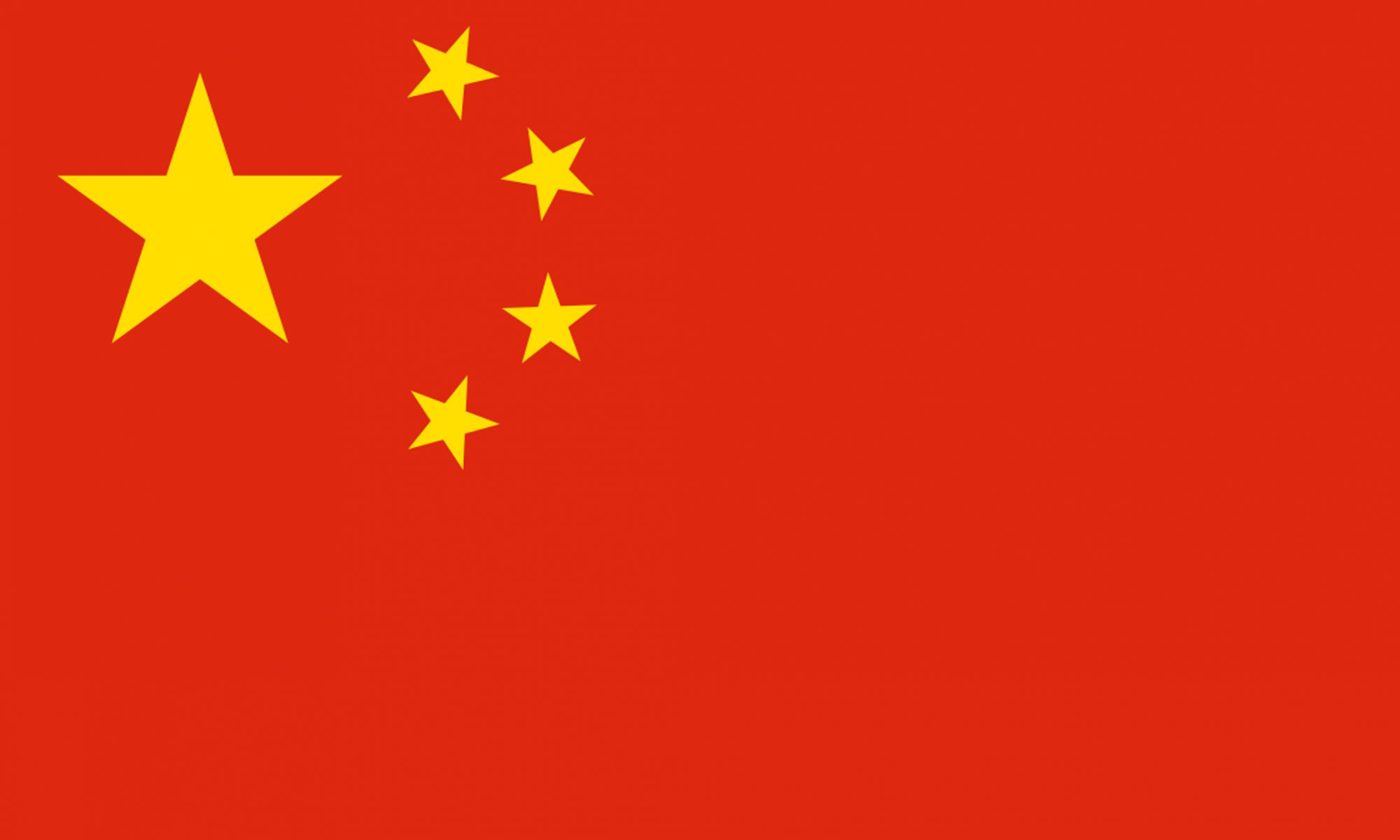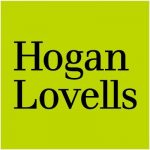
If you export food and/or beverages to China, take note of the new rules recently announced by China. AFFI has provided a synopsis of the two decrees – Decree 248 and 249 from Hogan Lovells. Basically, all overseas food manufacturers, processors and storage facilities must be registered with the GACC – General Administration of Customs of China (GACC) to export products to China.

Here is a reprint of the memo from Hogan Lovells:
China’s new rules for food importation and facility registration 14 June 2021
China recently announced two revised decrees that, once implemented, would impose substantial new requirements for food and beverage companies that export to China.
These regulations are as follows:
• Regulations on the Registration and Administration of Overseas Producers of Imported Food (Decree 248) [1]
• Administrative Measures on Import and Export Food Safety (Degree 249)[2]
In particular, with some limited exceptions, Decree 248 will require that all overseas food manufacturers, processors, and storage facilities be registered with the General Administration of Customs of China (GACC) to export product to China. Decree 249 will provide new enforcement tools for GACC to suspend or prohibit food importation into China when violation with applicable Chinese laws and regulations are identified.
Both decrees are slated to enter into force on 1 January 2022. Below, we highlight some of the key provisions from these decrees.
Highlights of Decree 248 on food facility registration
Once implemented, Decree 248 would expand the scope of overseas facilities subject to a registration requirement to include all food manufacturers, processors, and storage facilities. The product scope includes all food products except for food additives and “food-related products,” which is defined by the Food Safety Law of China to include food packaging materials, detergents, disinfectants, and tools and equipment used in food manufacturing.
The new facility registration requirements differ based on the specific types of food products manufactured:
- Group #1: 18 categories of food subject to the registration recommended by the competent authority of the home country, including: meat and meat products; casing; aquatic products; dairy products; bird’s nest and bird’s nest products; bee products; eggs and egg products; edible fat and oil; stuffed pasta; edible grains; grain milling industrial products and malt; fresh and dehydrated vegetables and dried beans; seasonings; nuts and seeds; dried fruits; unroasted coffee beans and cocoa beans; special dietary foods; and health food.
- Group #2: Other foods not covered by the above 18 categories.
Facilities that manufacture products covered by Group #1 need to first obtain recommendation by the competent authority (defined as the government agency in charge of food safety) of the local jurisdiction for facility registration. There are also detailed requirements for the registration dossier including, when requested, food safety documents, facility design, and manufacturing process flow chart. Facilities that manufacture products covered by Group #2 can directly apply for facility registration with less stringent document requirements.
Highlights of Decree 249 on food importation
Once implemented, Decree 249 would equip GACC with more administrative enforcement tools regarding food importation. In the following circumstances, GACC may take control measures including suspending or prohibiting imports:
- There is a major animal or plant disease outbreak or a significant change in the food safety situation in the exporting country (region), which makes it impossible to effectively guarantee the safety of food exports to China;
- Food imports are contaminated by quarantined infectious pathogens, or there is evidence proving that (the food) could become a vector of quarantined infectious diseases, and there is no effective sanitation treatment to be taken;
- The food imports under customs’ control measures pursuant to Article 34 paragraph 2 of these measures are again found to be noncompliant in items of safety, health, and environmental protection;
- The overseas production facility violates relevant Chinese laws and regulations, and circumstances are serious; or
- Other information indicates that relevant foods pose significant safety risks.
Next steps
Hogan Lovells will continue to closely follow the implementation of these two decrees. Please do not hesitate to reach out to us if you have questions regarding this or other matters.
References:
1. An unofficial translation of Decree 248 is available at: China: Overseas Facilities Registration Regulation – Decree 248 | USDA Foreign Agricultural Service.
2. An unofficial translation of Decree 249 is available at: China: Administrative Measures on Import and Export Food Safety | USDA Foreign Agricultural Service.
Authored by Martin Hahn and Xin Tao.
食品や飲料を中国に輸出している方は、中国政府が最近発表した新規制にご注意ください。米国冷凍食品協会(AFFI)は、法令248および249について、法律事務所のHogan Lovellsがまとめた概要説明を配信しました。基本的に、製品を中国に輸出する外国の食品メーカー、加工業者、貯蔵施設はすべて、中国の税関事務を司る海関総署に登録する必要があります。
Hogan Lovellsの説明を以下に引用します。
食品輸入と施設登録に関する中国の新規制
2021年6月14日中国は最近、2つの改定法令を発表しました。これらが施行されれば、中国に食品・飲料を輸出する企業に対し、多数の要件が新たに課されます。
新規制の内容は以下のとおりです。
- 輸入食品の外国生産者の登録と管理についての規制(法令248)[1]
- 輸入・輸出食品の安全性に関する行政措置(法令249)[2]
なかでも法令248は、一部の例外はあるものの、製品を中国に輸出する外国の食品メーカー、加工業者、貯蔵施設すべてに対して、中国の海関総署への登録を義務付けています。法令249は、中国の適用法令の違反が特定された場合に海関総署が中国への食品輸入を停止・禁止するための新たな措置を導入するものです。
どちらの法令も、2022年1月1日から施行される予定です。これらの法令の主な条項は以下のとおりです。
食品施設登録に関する法令248の要点
法令248の施行後は、登録要件の対象となる外国の施設が拡大し、すべての食品メーカー、加工業者、貯蔵施設が含まれます。対象となる製品は、すべての食品(ただし食品添加物は除外)と「食品関連製品」です。これは中国の食品安全法で定義されていて、食品梱包資材、洗浄剤、消毒剤、食品製造に使われる用具と機器が含まれます。
新しい施設登録の要件は、製品のタイプによって異なります。
- グループ1:母国の有資格当局から推奨されたうえで登録の対象となる18の食品カテゴリー:肉・肉製品、腸類、水産物、乳製品、鳥の巣・鳥の巣製品、ハチ製品、卵・卵製品、食用油脂、詰め物の入ったパスタ、食用穀物、穀物製粉工業製品・麦芽、生鮮および乾燥野菜・乾燥豆、調味料、ナッツ・種子類、乾燥果物、焙煎前コーヒー豆・カカオ豆、特別食事療法食品、健康食品。
- グループ2:上記の18カテゴリーに含まれない他の食品。
グループ1の製品の製造施設は、施設の所在地を管轄する施設登録分野の有資格当局(食品安全性を司る政府機関の定義に基づく)から最初に推奨を得る必要があります。また、登録書類にも詳細な要件があり、例として、食品安全性、施設設計、生産工程のフローチャートなどを要請に応じて提出できる必要があります。グループ2の製品の製造施設は、登録を直接申請することができ、書類の要件もそれほど厳密ではありません。
食品輸入に関する法令249の要点
法令249の施行後は、海関総署が食品輸入の管理を目的として行使できる行政措置が拡大します。次の状況においては、輸入の停止または禁止といった行政措置が講じられる可能性があります。
- 輸出国(または地域)で動植物の疫病が大規模に発生した、または食品安全性に関する状況が大きく変化した結果、中国への輸出食品の安全性を有効に保証することができなくなった場合。
- 輸出食品が検疫対象の感染病原体に汚染された、または食品が検疫対象の感染病原体の媒介になり得ることを示すエビデンスがあり、有効な衛生処理が取られていない場合。
- 本法令の第34条第2節に則って海関総署の行政措置の対象とされた輸入食品が、安全・衛生・環境保護の項目において再び不遵守と判断された場合。
- 外国の製造施設が中国の適用法令に違反し、その状況が深刻である場合。
- 他の情報により、当該食品が安全性に大きなリスクを及ぼすと示唆された場合。
今後のステップ
Hogan Lovellsは、これら2つの法令の導入状況を引き続き監視していきます。この法令や他の事項に関する質問がある場合は、お気軽にご連絡ください。
参考文献:
- 法令248の非公式な英語版翻訳:China: Overseas Facilities Registration Regulation – Decree 248 | USDA Foreign Agricultural Service(中国:外国施設の登録規制―法令248 | 米国農務省・外国農業サービス)
2. 法令249の非公式な英語版翻訳:China: Administrative Measures on Import and Export Food Safety | USDA Foreign Agricultural Service(中国:輸入・輸出食品の安全性に関する管理措置 | 米国農務省・外国農業サービス)英語資料の文責:Martin Hahn、Xin Tao
